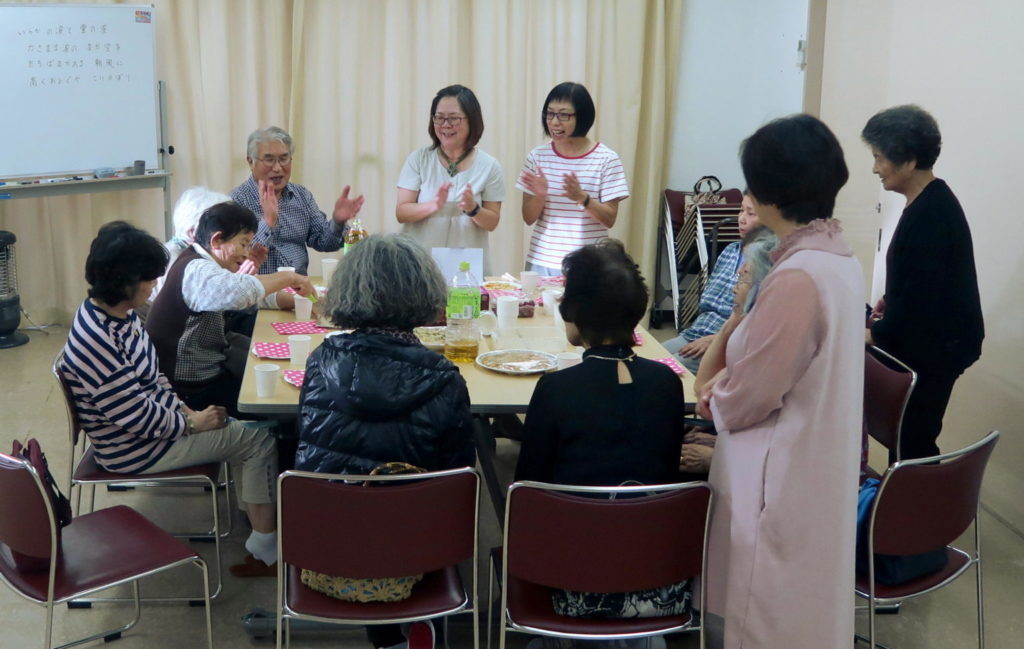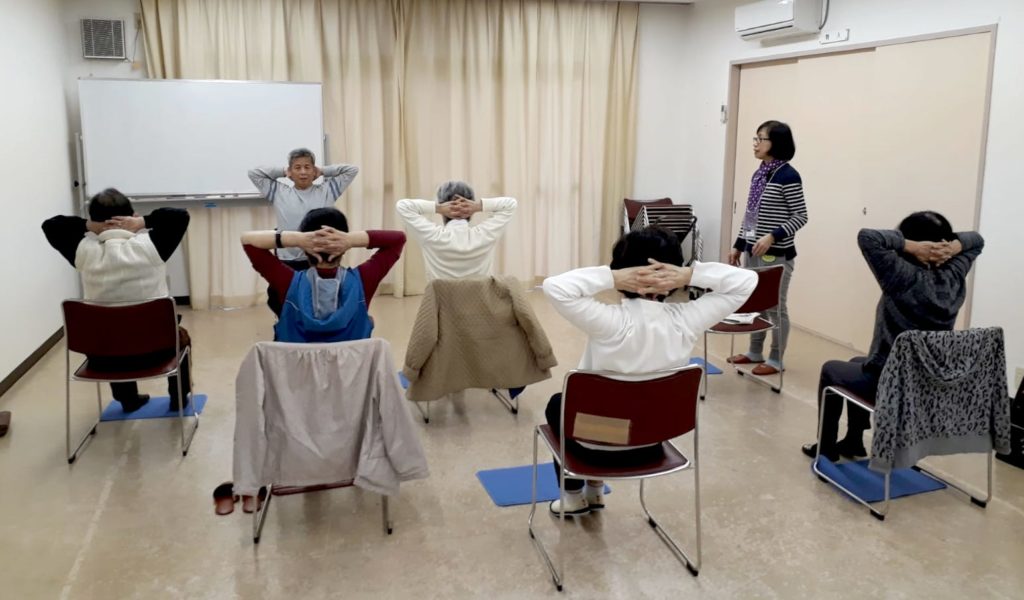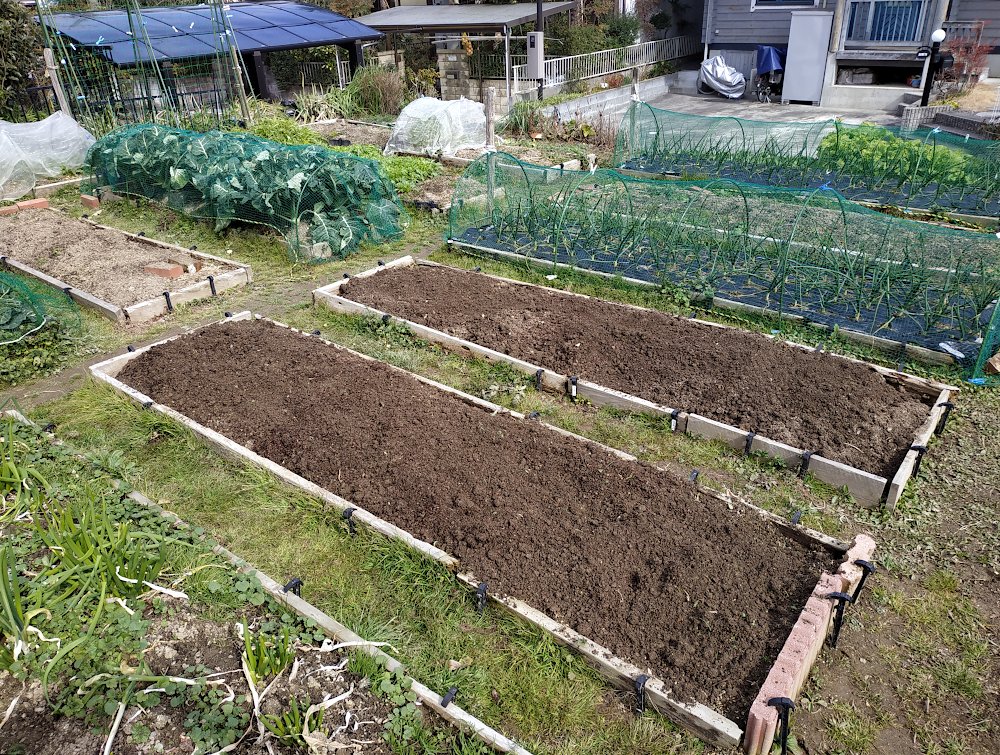Larry & Susan Lai

Background
Larry: God has been good to me. From when they were yet babies, our three sons (now in their thirties) went with us to church and even now continue to serve in our church. I had a fairly successful secular career for forty years. There were times we encountered financial difficulties, when I lost my job, but God saw us through each and every crisis. In our late fifties, we felt God calling us to international ministry. We shared this with our small group, prayed over it, and in 2016, we began looking at various options.
Susan: I worked in the secular industry for about ten years, before quitting to look after our three boys. When they were older, I answered the call to work in our church. Like Larry, I too heard the call to go serve in the field. But the big question was, how and where?
Why Japan?
When we were evaluating our call, we initially thought God wanted us to go to China. I had a posting in China so we lived in China for three years. During this period, we had built good relationships with several China-based Christian businessmen, local churches and so on. We thought God was preparing us for ministry in China. But in 2016, we visited our contacts in China and found that the conditions had changed unfavourably.
Susan had always liked the Japanese language, so in 2015, we spent six months in Japan. There, she attended language school while I worked remotely from our rental apartment. Those six months opened our eyes to the critical need in Japan for workers to support the ministry of existing churches, as well as the planting of new ones.
Since the door to China had closed, we decided to do a vision trip to Japan in 2017. Over a period of six weeks, we met with three international mission organizations, of which WEC was one. We talked to their leaders, met some of their field workers, and visited their field ministries. It was an eye-opener for us. We learned a lot about ministry in Japan.
Especially emotional was the visit to the tsunami-hit area in Tohoku where we saw the damage caused by the seawater and spoke with some of the people who lived through that disaster. I think all of us cried after listening to their testimonies. The call to Japan became stronger and clearer. We knew God was calling us to Japan.
Settling in Japan
In 2018, we joined WEC and arrived in Japan in March. In the first few weeks, God sent angels (co-workers and church members) to help us negotiate the complex process of settling in. One church member helped us find a cheap car that has since served us faithfully for the past four years. Other co-workers stepped in to help us register our residential status and driving licences.
John and Samantha were among these angels. It was because of John’s recommendation that we found an apartment in an estate that we liked. We firmly believe that it was God who led us to this apartment, because one day, as we were walking to the local municipal office, we saw a group of seniors having tea in a function room. Susan went to enquire, and found out that the group came together every Tuesday morning for tea. We started going there every Tuesday and got to know them. It was from this group that we started our first exercise class.

Starting the exercise class was also not accidental. Larry used to help conduct exercise classes. We met a WEC missionary from Hong Kong who had been looking for someone to partner with to start an exercise class. Together, the three of us started our first exercise class in October 2018. Today, between the three of us, we have three exercise classes. Gathering the right ingredients at the right time – that is our Lord’s handiwork.
Exiting Japan
As we plan to return to Singapore after five years in Japan, our desire is still for more Japanese people to come to know Christ. This has moved us to seek ways to remain engaged with the ministry in Japan. We found out that another sister from WEC Japan was planning a project called called Kibo (祈步), which aims to map and trace the 900-kilometre walk from Kyoto to Nagasaki done by the 26 Christians who were martyred in 1597. This is a long-term project that could take years. Part of the objective of the project is to help raise awareness amongst Japanese churches of their Christian roots.
We also hope to inspire overseas Christians to join in mapping the route and, in so doing, come to know more about the needs of Japanese churches. For us, Kibo offers us the opportunity to participate in annual short-term trips to map sections of this 900km journey. Again we firmly believe it was not accidental that Kibo came into being at the perfect time, just when we were looking for short-term projects so that we can continue to participate in God’s work for Japan.
Summing it up
One thing I learned earlier on during our time in Japan was the need to be flexible, and willing to try different approaches. Not all that we attempted led to successes but neither were these real failures, because if we can learn from each attempt, we can do better the next time.
We need to know that our cultural upbringing is different. What may seem normal and natural to us may be deemed offensive to others. For example, small things like arranging our shoes when we attend a coffee session. The members notice our efforts to respect their culture and so respect us also.

As part of building trust, we helped in farming, tilling land, and clearing weeds, helping seniors to change their car tyres to snow tires as winter approaches and back to regular tyres as winter ends. Susan volunteered in the coffee session, serving drinks and snacks to the seniors every Tuesday, and cleaning up before and after each session. She enjoyed doing it as the seniors began to treat her as a member of the group.
The COVID-19 pandemic hit us badly. Many programmes were cancelled. No short-term teams were able to come to Japan. Church services were cancelled. Friends and contacts were avoiding any form of gathering. It was a discouraging experience. We just had to continue to maintain contact with friends and wait out the pandemic.
From time to time, we took some of them out to get groceries, for walks in the park, and called them on the phone just to keep in touch. As restrictions began to relax, this ongoing contact allowed us to quickly resume our exercise programme, coffee sessions, one-to-one meetings, etc.
From this, we learnt that we just have to keep doing what we can even when it seems hopeless. Every time we call or meet them, we are watering the seed, allowing God to do His work to nurture and grow it.
“I can do all things through Christ who strengthens me” (Philippians 4:13 NKJV).
